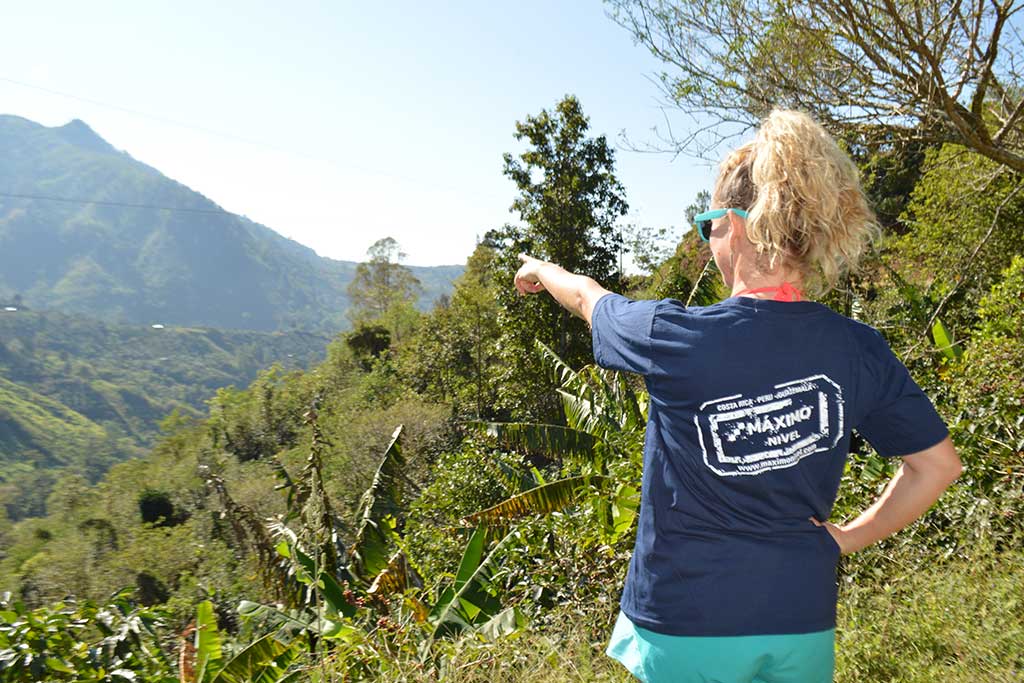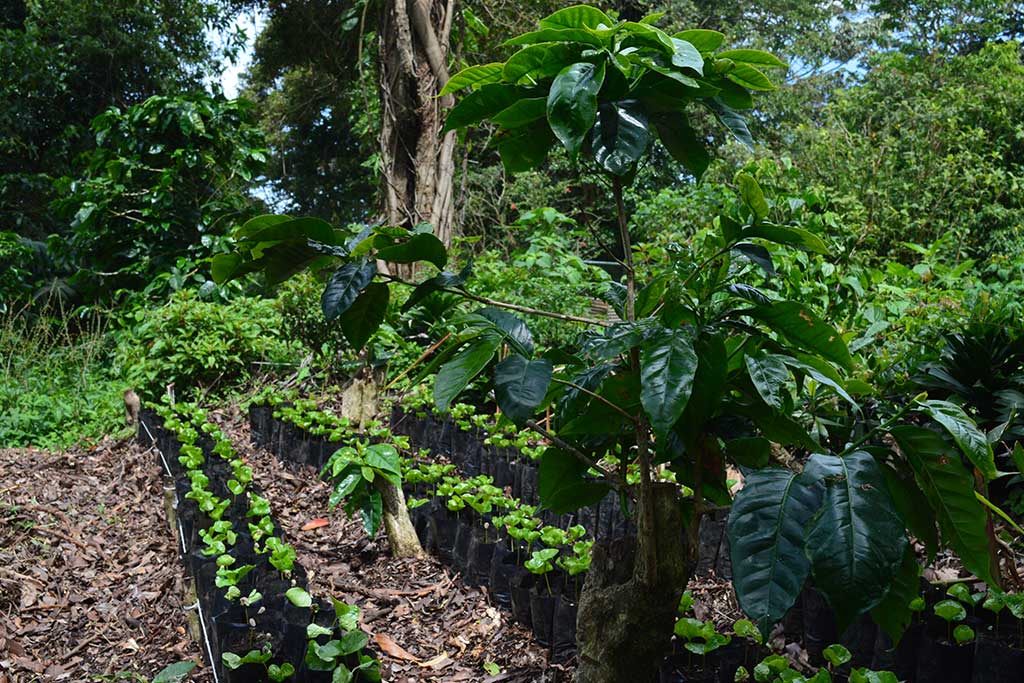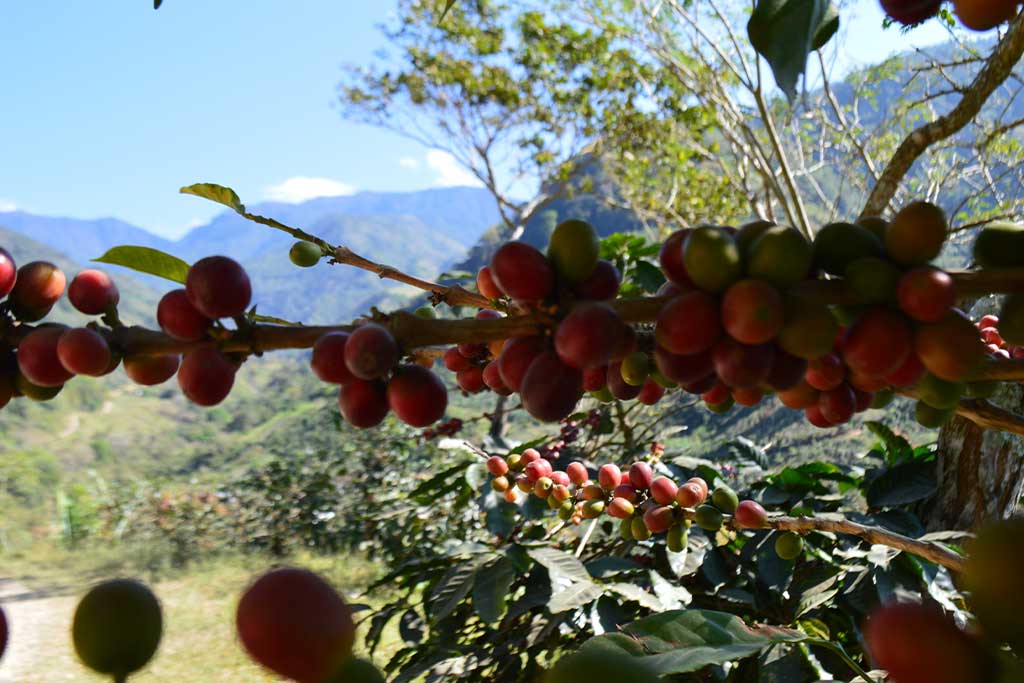Plants are like people. When you nurture them, they grow. This is also true on a systemic (or ecosystemic) level. When we do not respect our natural environment, we deplete the resources necessary for our survival. Too many people disregard the symbiotic nature of our relationship with the world around us. Life forms depend upon one another, and as an intelligent species, we are responsible for the effects our lifestyles have on the planet.
This fragile interdependency is what attracted me to the field of sustainable food production. I am currently enrolled in a horticulture program at my community college where I am learning a lot about landscape maintenance and growing organic crops. Students are responsible for tending to the small garden on site. But as I sprinkled coffee grounds under our blueberry bushes, I started to think about the limitation of studying plant species in only one ecosystem.
Eventually, I would like to transfer into a sustainable agriculture program at a four-year university. But in the meantime, how could I truly explore the environmental and economic impacts of farming on a global system that I had experienced such a small fraction of. Coffee, for example, is a large-scale crop that has little to no presence in the United States. I wanted to work in a different climate, both culturally and agriculturally, to see another piece of the puzzle.

Food production affects everyone who eats. Each link of the chain from growers and suppliers to buyers and consumers is vital to the overall safety and success of the system. Because we are all part of a global community, the future of whose environment is at risk, I wanted to approach sustainable farming more internationally. In the case of my discipline, the aphorism “the world is our classroom” is especially true. For me, fieldwork can be rendered literally.
To find an opportunity for hands-on learning, I began researching eco-agriculture programs worldwide. When I discovered Maximo Nivel’s sustainable farming programs, I knew I’d found a match. I spoke with a representative who helped me organize my trip from start to finish. I would fly to San Jose for two days of orientation, after which I would work on a coffee farm in a less-populated region of the country. My transportation and housing in Costa Rica were arranged for me, and I am so grateful to have been connected with such a meaningful project.
The coffee farm I volunteered for is tirelessly working to integrate better farming practices into the bustling industry of Latin American agriculture. Though farming dominates Central and South American economies, neither the field hands nor the land are always treated well. Conscious consumers should take time to wonder where our food is sourced from. Ecological health is as important, if not more important, than our individual health.
However, because sustainable farming involves cutting out chemicals and mechanization, many farmers consider it economically unrealistic. Suppliers are hesitant to hire more workers while possibly slowing down their production rates. It is difficult to strike a balance between environmentally conscious growing and a financially practical business. This is why it is especially valuable when volunteers lend a hand to organizations that are taking the time for sustainability.

The coffee farm I worked at was a few hours southwest of San José. It rested in the Brunca region of the Talamanca mountains—home to the highest elevations in Costa Rica. The hot, mountainous terrain is ideal for growing high-quality Arabica beans. I got to learn all about the production cycle including: growing, harvesting and processing. The hands-on learning was perfect for me, and it allowed me to genuinely help the workers with their day-to-day tasks.
I picked weeds around the property, helped to plant shade trees, and assisted with aspects of roasting and packaging. Working alongside local growers also gave me a glimpse into community life. Agricultural development is already a literal manifestation of community growth, but I was also able to participate in other outreach initiatives during my stay. Education and reforestation efforts help to reinforce the crucial role that agriculture plays on a local and global scale.
Because Costa Rica isn’t a very large country, the coffee market isn’t immense. However, it does have a domestic and international commercial reach. Latin American beans are recognized for their bright, fruity flavors. And even though the effects of one coffee farm tucked away in the Talamanca mountains may seem inconsequential, the influence of eco-agriculture is important to not only individual communities but also to the very future of our planet.

Hopefully, the effects of sustainable farming will become contagious. In a world of imports and exports and grocery store chains, it is easy to ignore how fundamental food production is to every community across the globe. Societies used to settle in regions with rich soil and enough water to sustain their needs, but modern-day New York and L.A. are a far cry from Mesopotamia. Industrialization has caused many people to deny any responsibility for the source of their food.
We may not know where the contents of our fridge come from, but it is time to wake up and smell the coffee. Societies that consume must also produce. With environmental issues on the rise, sustainable food production will only become more important over the course of our lifetimes. This should not be perceived as a national or local concern, but as a human problem. I am so glad I got to be a part of planting and harvesting in another country’s soil, and I know that there is still so much more to learn—so much more to explore.
